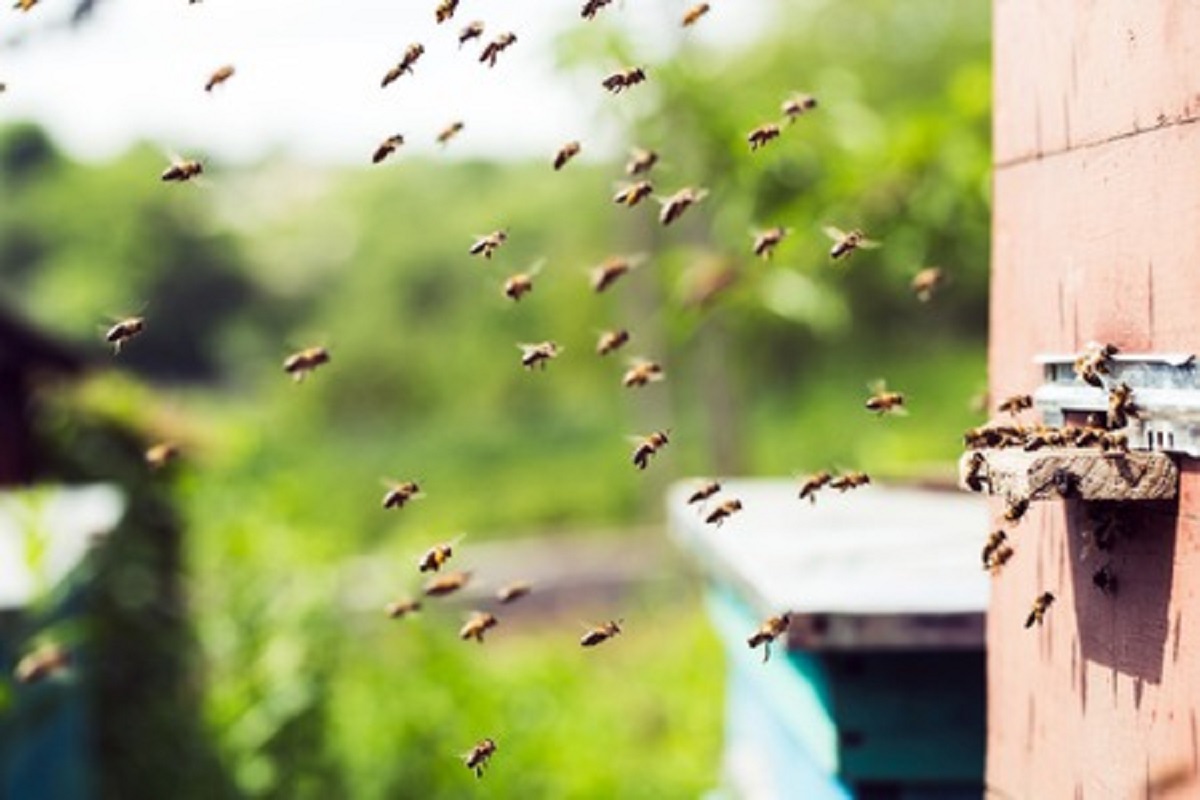East Africa May Hold Key to Healthier Honeybees
January 27, 2017
Bee Colony Collapse, Honey News, Honey Bees, Honey Industry
Honeybees have been serving as pollinators for millennia, and today they support a multi-billion dollar agriculture industry. However, honeybee health has never been more precarious. Misuse of pesticides, pests within the hive, and climate change are among the threats they face. Most honeybee populations in the U.S. and Europe are showing signs of stress---that is, except for the East African honeybee.
Rural farmers in East Africa—Kenya, Tanzania, and Ethiopia—rely on traditional beekeeping and wild pollinator populations, which prove critical for coffee, cocoa, and cashew production. Even while facing similar pathogens to their American and European counterparts, East African honeybees have become more resilient. The underlying genetic basis for resistance in East African bees may offer crucial insights. In addition to studying genetics, researchers may also be able to study pathogens linked to viruses.
Often spread by mites, viruses and parasites may amplify the effects of other environmental disturbances like pesticides and climate change. To further explore honeybee health, researchers are collecting a diverse set of bees and bee viruses. “Our East African honeybees appear to be resilient to these invasive pests, which suggests to us that the chemicals used to control pests in Europe, Asia, and the United States currently are not necessary in East Africa,” said Elliud Muli, senior lecturer in the Department of Biological Sciences, South Eastern Kenya University and researcher at the International Centre of Insect Physiology and Ecology, Kenya.
Previously, researchers conducted a nationwide survey of 24 locations across Kenya. In the process, researchers had to evaluate the numbers and sizes of honeybee colonies. They also assessed the presence or absence of parasites and viruses. The researchers found that varroa mites were present throughout Kenya except in the north, but their colony size remained the same unlike their American and European counterparts.
“Kenyan beekeepers believe that bee populations have been experiencing declines in recent years, but our results suggest that the common causes for colony losses in the U.S. and Europe — parasites, pathogens, and pesticides — do not seem to be affecting Kenyan bees, at least not yet,” said Christina Grozinger, director of the Center for Pollinator Research at Penn State University. Researchers recommend that East African beekeepers continue to maintain healthy bee populations. So far, protecting vital nesting habitats and native flowering plant diversity, which bees depend on for food, has been the key to their stronger resistance than that of their American and European counterparts.
Copyright: ollinka / 123RF Stock Photo


.jpg)



